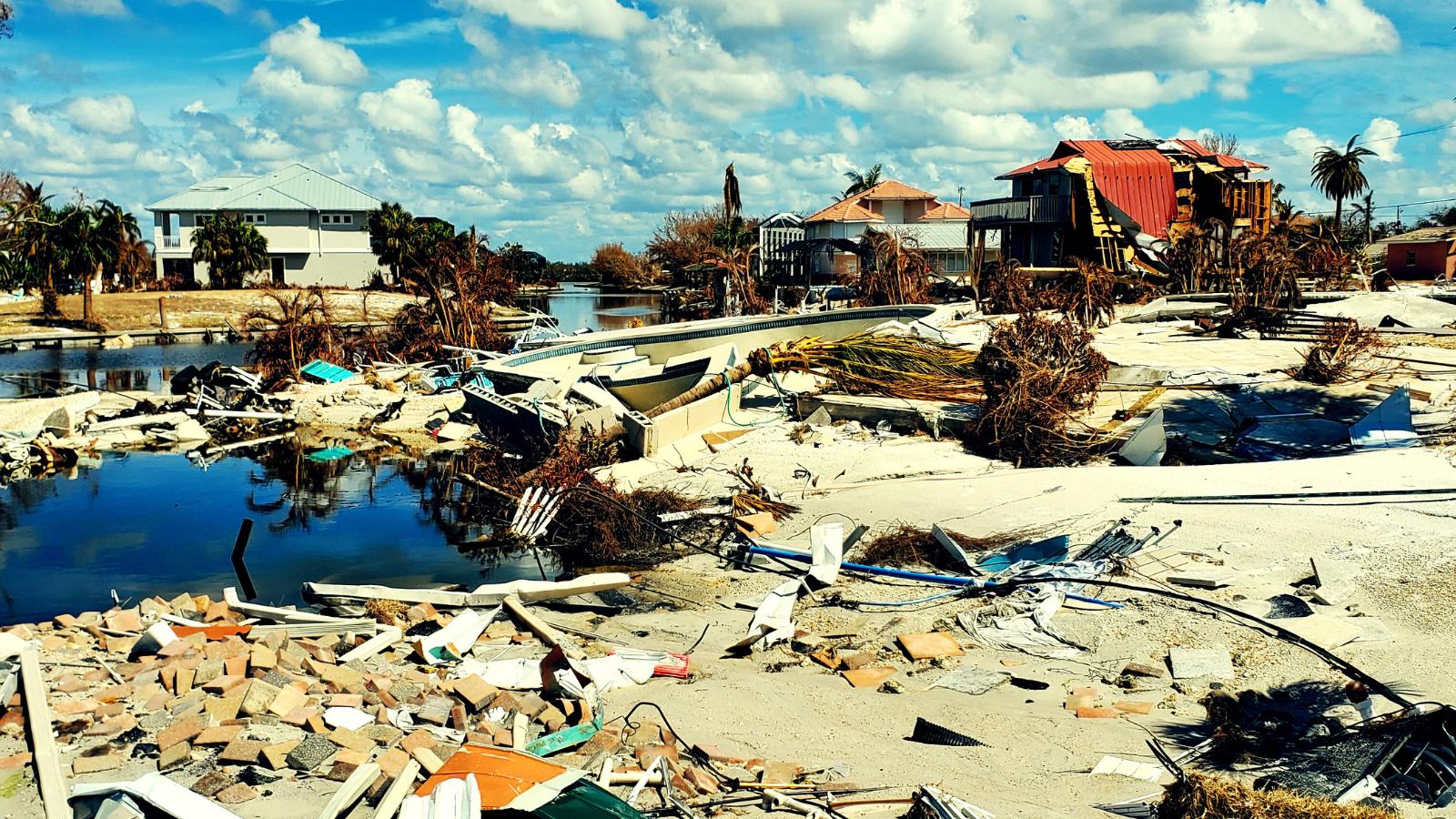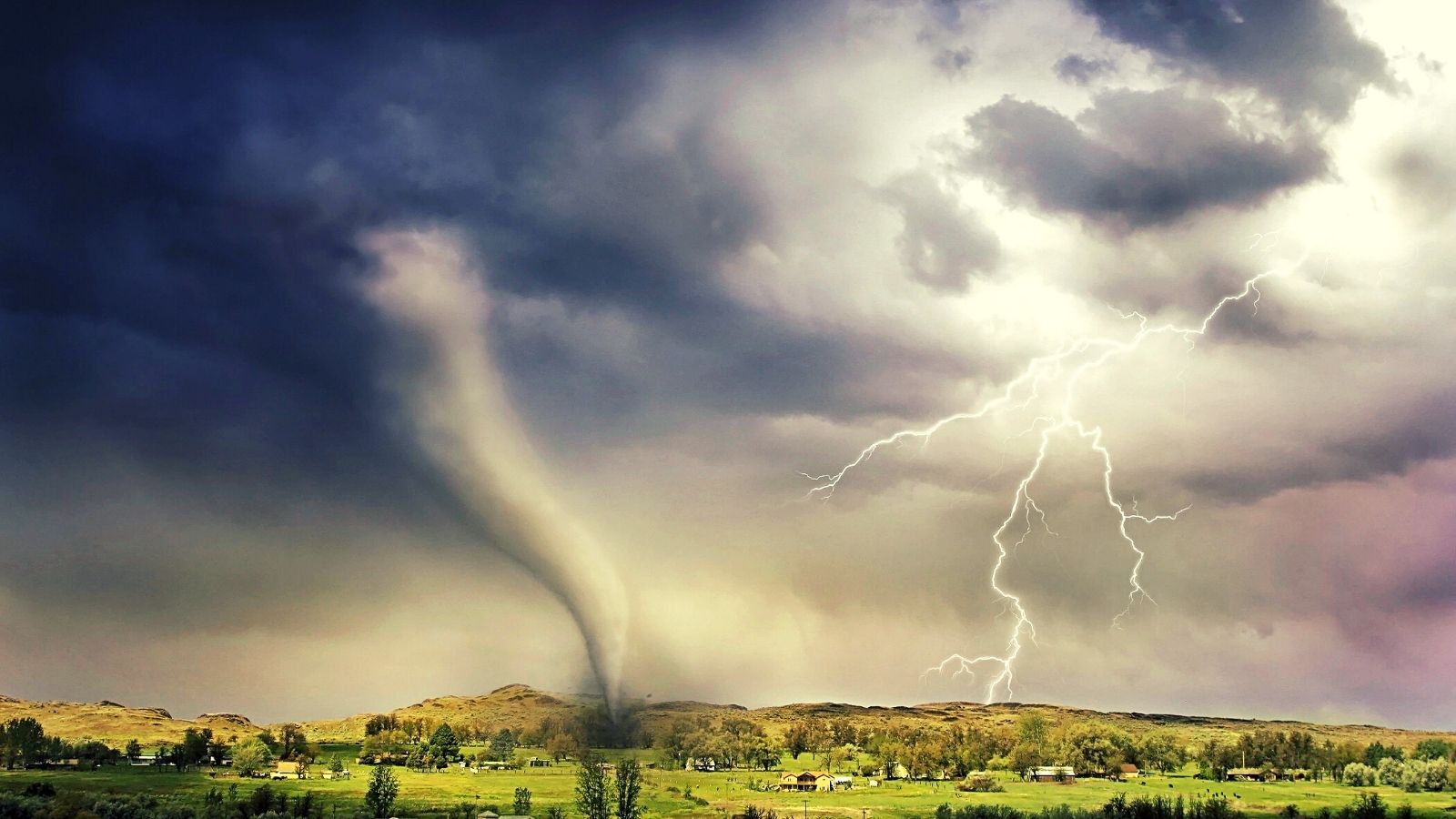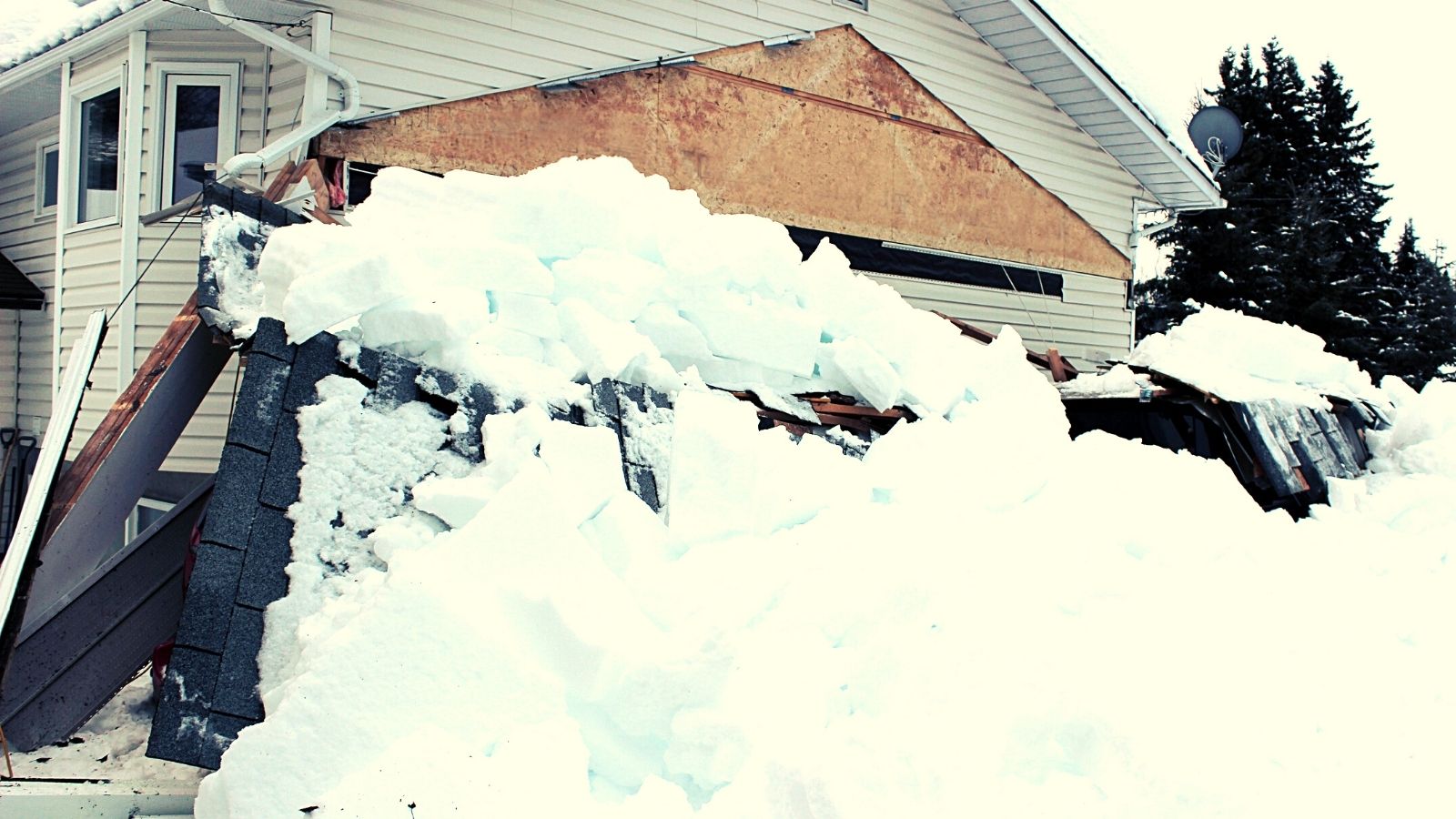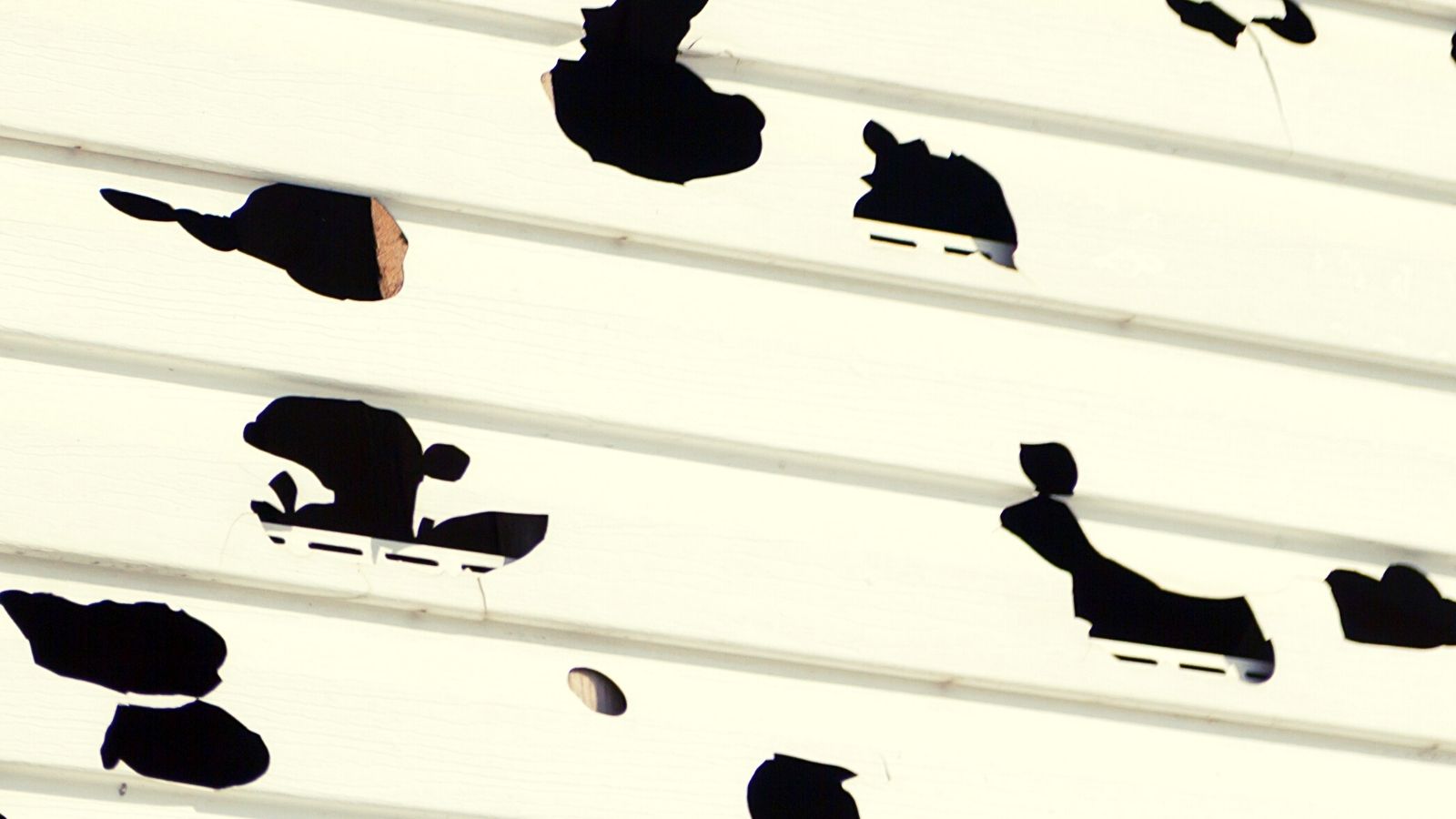Tornado Season: Damage, Warning Signs & Commercial Property Recovery Tips
Tornadoes are among nature’s most destructive forces, posing serious threats to both lives and commercial properties across the United States. Each...
2 min read
Sarah Chadwick
August 14, 2025

Hurricanes are among the most destructive natural disasters, and their impact on commercial properties can be catastrophic. From structural damage to operational disruptions, the risks are real and often misunderstood.
Unfortunately, many business owners and property managers still believe common hurricane damage myths, which can lead to underpreparedness and costly consequences.
In this blog post, we’ll debunk the top 5 myths about hurricane damage to commercial buildings and give you the accurate information you need to prepare, protect, and respond effectively.
Fact: While high winds are a hallmark of hurricanes, they’re just one part of the danger. Hurricanes also bring:
Torrential rain that can lead to water intrusion
Storm surge that floods low-lying areas
Spinoff tornadoes that cause localized destruction
Water damage can be as devastating as wind—destroying walls, flooring, insulation, and electrical systems. To protect your commercial building, prepare for both wind and water damage through proper drainage, storm proofing, and weather-resistant materials.
Fact: Many business owners wrongly assume they’re fully covered. In reality, hurricane insurance coverage varies:
Some policies cover wind damage only.
Others exclude flood damage unless you purchase separate flood insurance.
Named storm deductibles are often higher than standard ones.
Before hurricane season, review your commercial insurance policy and work with a licensed adjuster to ensure your business is fully protected.
Tip: Check if your policy includes a separate deductible for named storms—it could significantly affect your out-of-pocket expenses.
Fact: Risk is not universal—even within the same city. Key factors that affect your risk profile include:
Proximity to coastlines or flood zones
Age of the building and structural integrity
Roofing material, window strength, and elevation
Conducting a professional risk assessment can help identify vulnerabilities specific to your location and building type, allowing you to implement targeted, cost-effective mitigation strategies.
According to FEMA, older buildings in flood-prone areas are especially at risk during hurricane season.
Fact: Not true! Some of the most effective preparation steps are affordable and easy to implement, such as:
Securing outdoor furniture and signage
Installing storm shutters or window films
Clearing gutters and drainage systems
Testing backup generators
These small actions can significantly reduce storm-related damage. The key is to prepare in advance, not just when a hurricane is approaching.
Bonus: Many preparedness upgrades can qualify for insurance premium discounts or tax incentives.
Fact: Physical reinforcement is important, but operational preparedness is equally critical. This includes:
A business continuity plan to keep operations running
Regular data backups and cloud storage
Clear employee communication protocols
Emergency contact lists and evacuation plans
A truly resilient hurricane response strategy addresses property, people, and processes. Involving all stakeholders ensures a unified, efficient response when it matters most.
Need help building a continuity plan? Contact CRC for expert guidance.
Hurricanes will happen, but preventable damage doesn’t have to. By recognizing and rejecting common myths, you can better prepare your commercial property for the realities of a major storm.
From reviewing your insurance to reinforcing your infrastructure and building a solid business continuity plan, every step matters.
Don’t wait until the next storm is on the radar.
Contact CRC today to schedule a property assessment and develop a customized hurricane preparedness plan that protects your business year-round.

Tornadoes are among nature’s most destructive forces, posing serious threats to both lives and commercial properties across the United States. Each...

As winter storms continue to approach, it's crucial to be aware of the potential dangers posed by heavy, wet snowfall. Understanding these risks can...

Hailstorms can be a destructive force of nature, wreaking havoc on both residential and commercial buildings. While many people are aware of the...